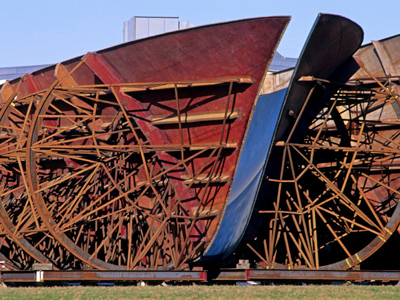

USA: 1919-1932 - The US Economy In The 1920s
This U.S. History quiz is called 'USA: 1919-1932 - The US Economy In The 1920s' and it has been written by teachers to help you if you are studying the subject at middle school. Playing educational quizzes is a fabulous way to learn if you are in the 6th, 7th or 8th grade - aged 11 to 14.
It costs only $19.50 per month to play this quiz and over 3,500 others that help you with your school work. You can subscribe on the page at Join Us
The American economy seemed to be booming during the 1920s, but the appearance was deceptive. Half of all American citizens did not share in the general prosperity, and the half who did enjoyed a fragile wealth.
Ready for more?
not all...
quizzers. Try to win a coveted spot on our Hall of Fame Page.






